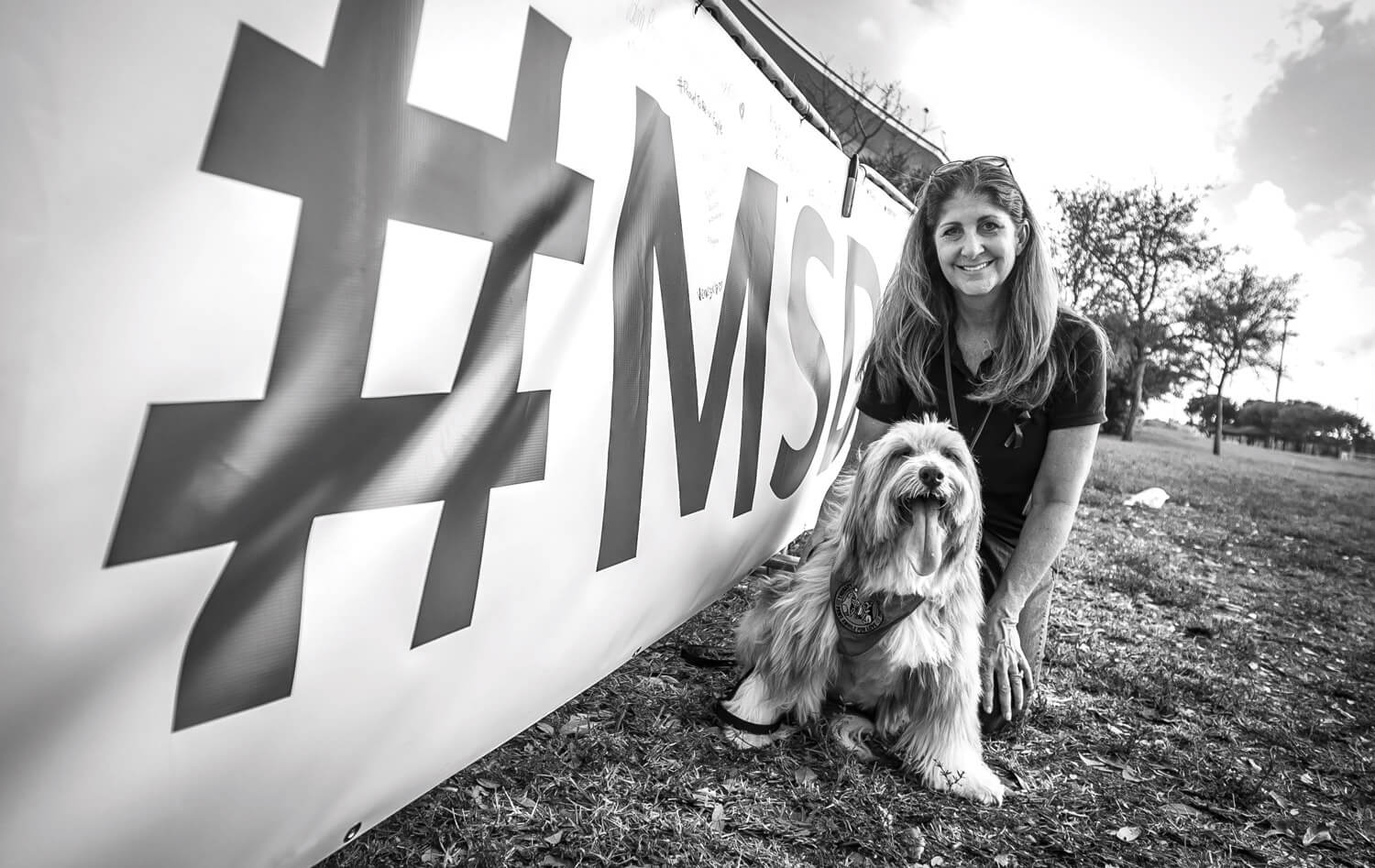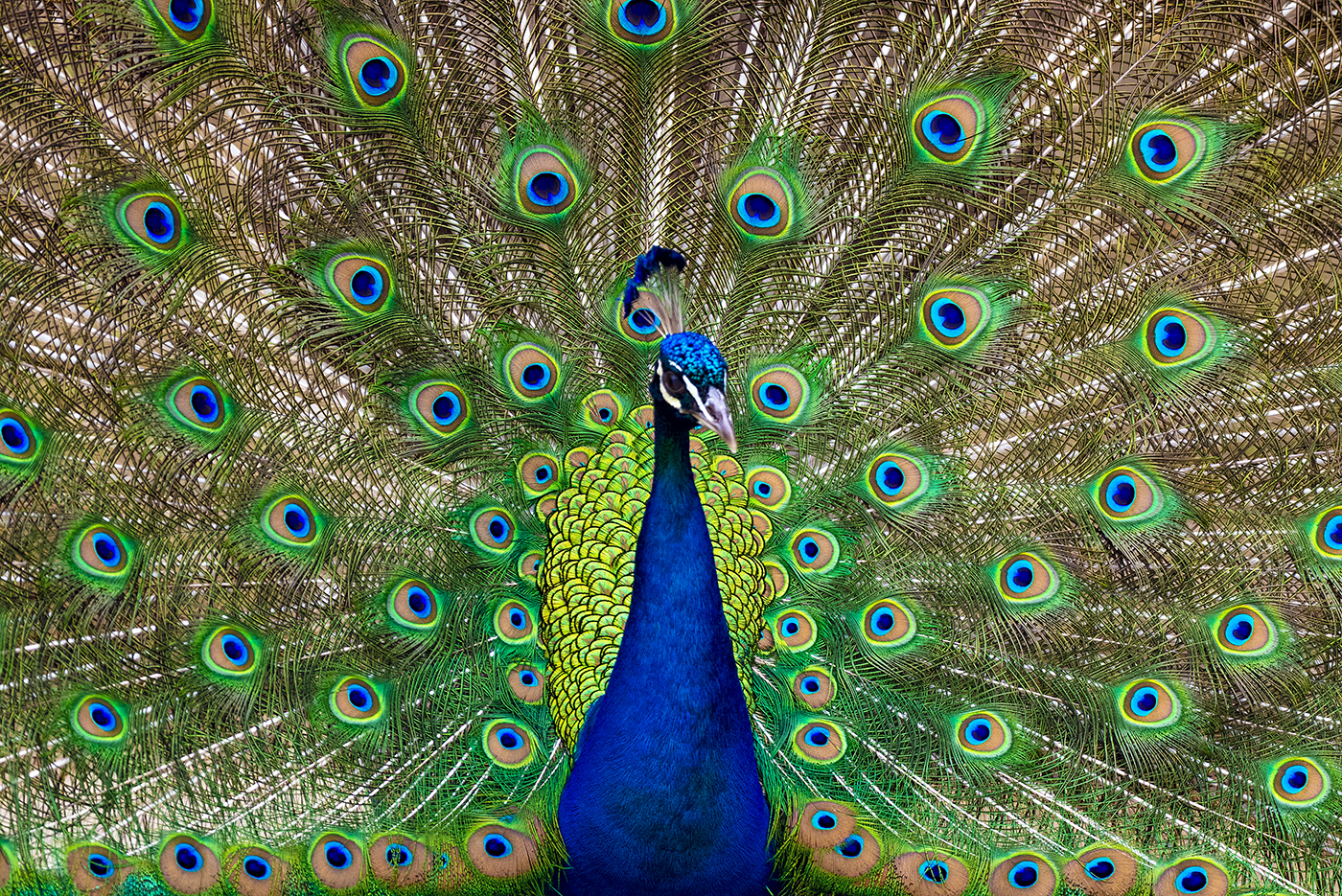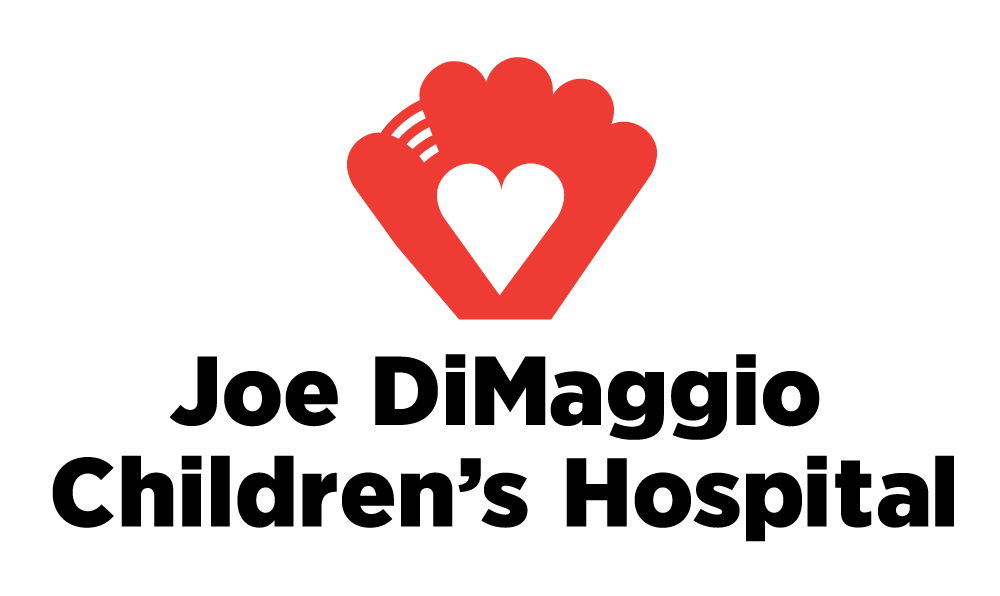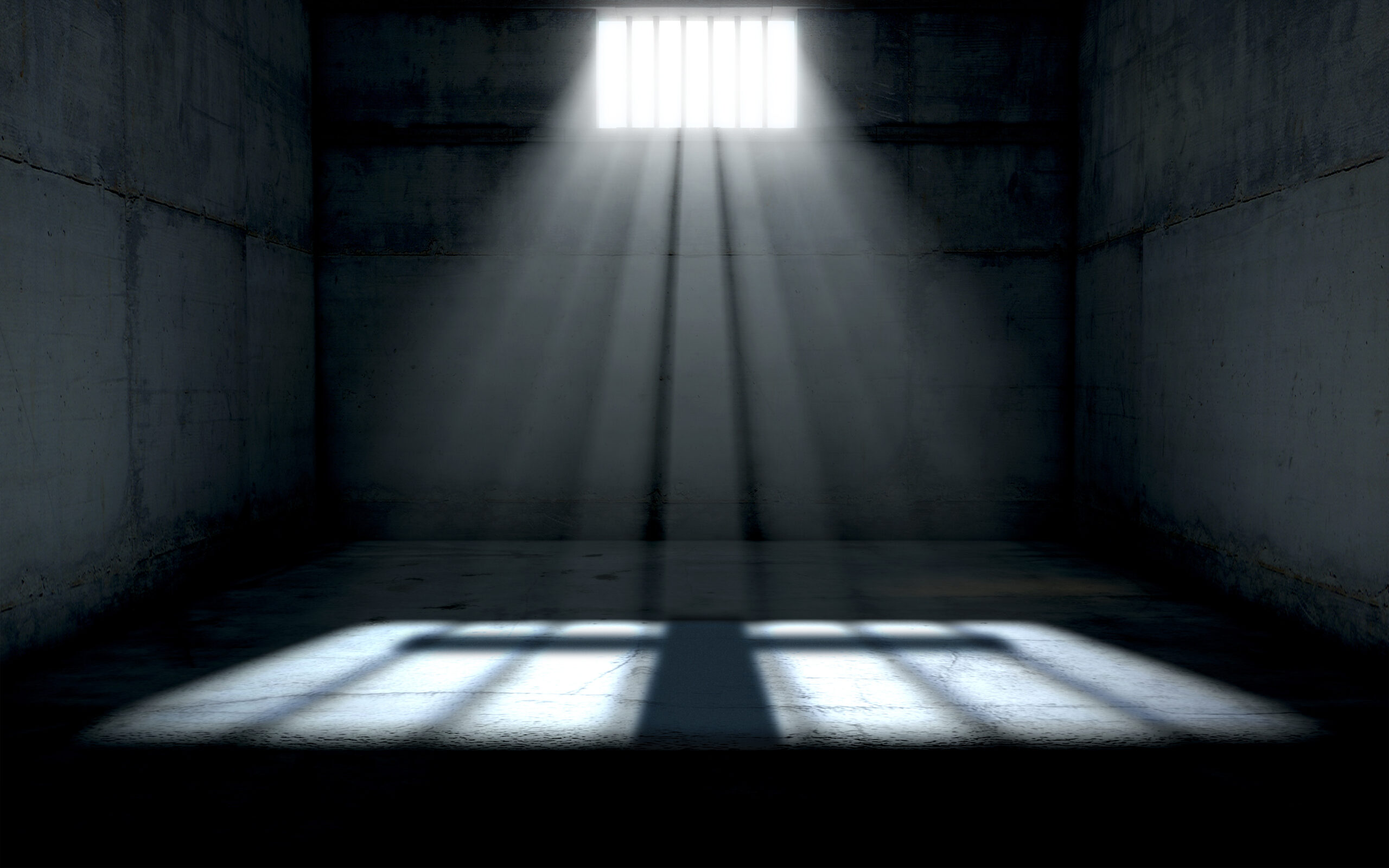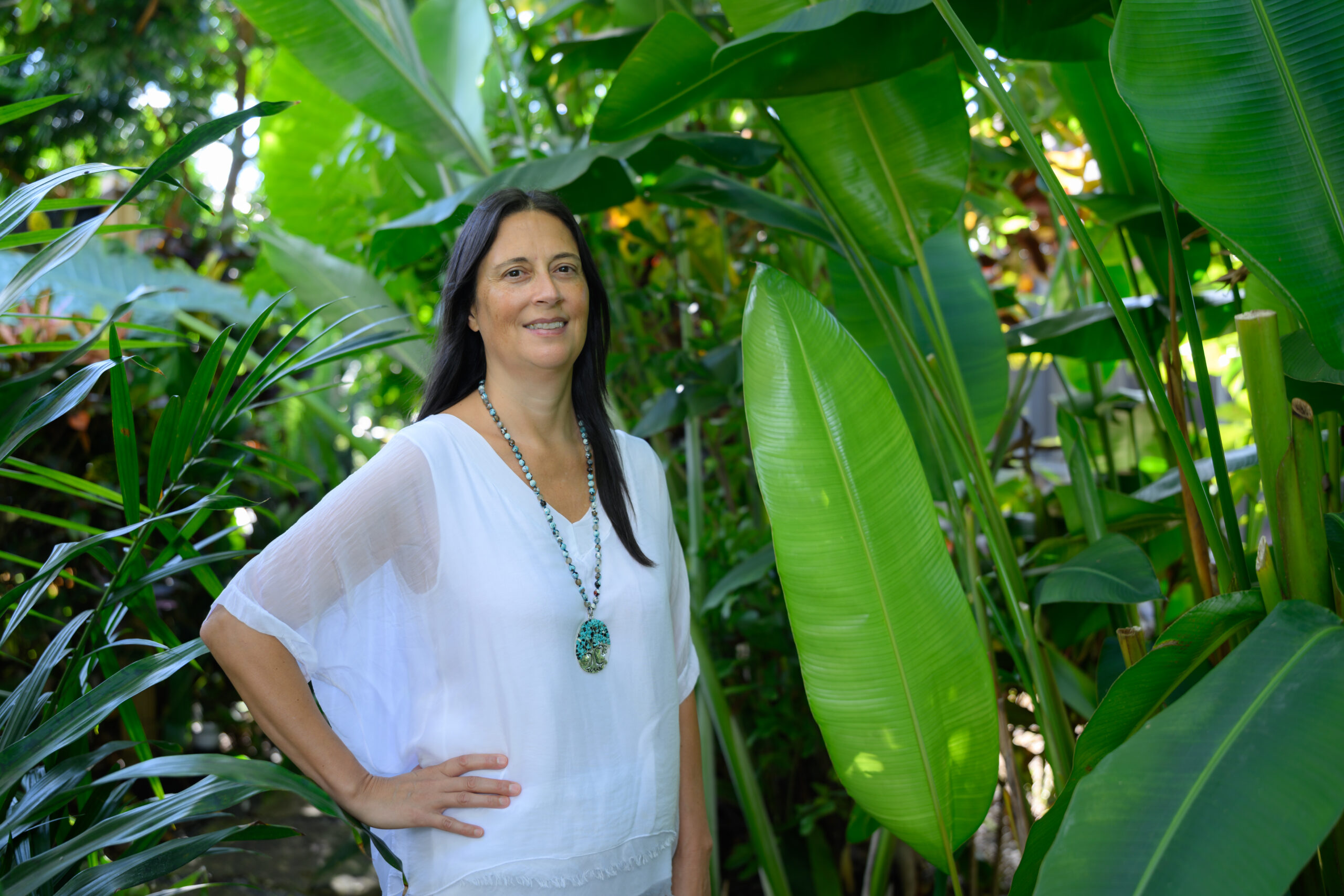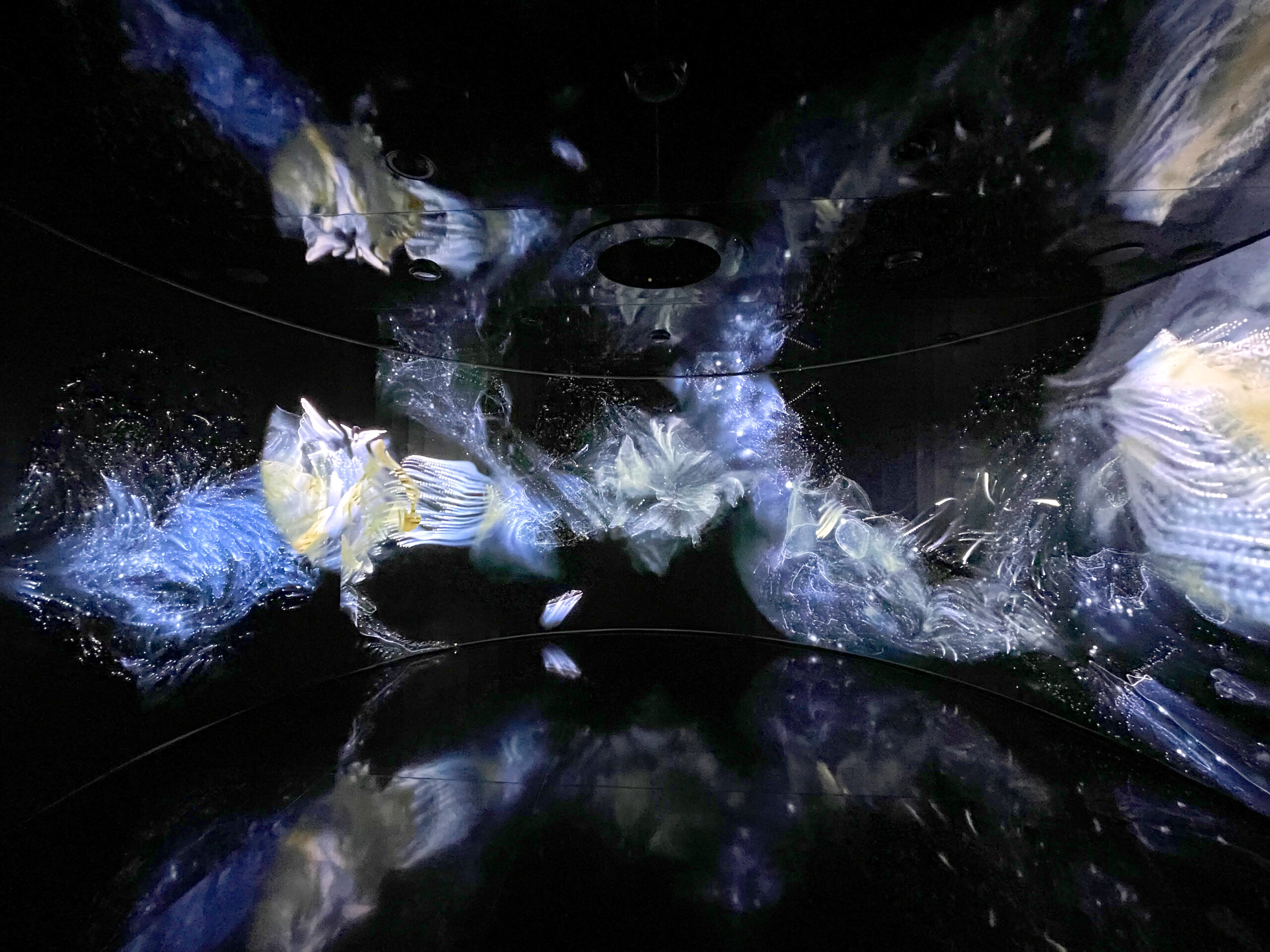For some Marjory Stoneman Douglas students and families, rage over what happened on Feb. 14 turned into activism for gun control reform. For others, lingering questions and racing thoughts about that day resulted in nightmares and insomnia.
And for an untold number of people, the aftershock has yet to reverberate. Perhaps, according to experts, it will reveal itself through an inability to focus or erratic changes in mood. Maybe, the person will be overcome by feelings of deep despair or bouts of numbness.
In the aftermath of a trauma such as the one suffered in Parkland, no two people will deal with grief in the same way. But most mental health officials do agree on one post-tragedy suggestion:
Don’t wait to reach out for help.
Mary Jonas, a disaster mental health volunteer with the American Red Cross, which was onsite at Pine Trails Park in Parkland following the shooting to provide community support, says dealing with homicide complicates the grief reaction.
“As humans, we are resilient; many of these kids aren’t going to have issues going back to school,” says Jonas, a Broward County resident and licensed mental health counselor. “[Others] will struggle. They will grieve their losses, and some kids will get stuck in it. And many of the parents will get stuck in it, too.“There’s no shame in asking for help. It is not a sign of strength or weakness as how you handle this process. This has been traumatic for the whole community; if you need help, help is there.”
A month or more following the trauma, Jonas says, if the individual is still reacting like it’s the first week, that would be considered complicated bereavement. Warning signs are changes in such behavior as eating, sleeping and socialization habits, Jonas explains.

“What we frequently see is that, a year out, it suddenly hits them because they can no longer contain it, which they shouldn’t do in the first place,” she says. “It needs to be processed. You need to go through it, so that you can come to terms and accept this is what happened.”
Dianne Britton, a volunteer disaster mental health manager with the American Red Cross, says that some people will have the tools to move forward.
“Research indicates that people who already have coping skills and a support network bounce back the best,” says Britton, who responded in recent years to the mass shootings in Las Vegas and Orlando. “Most people know what they can do to help themselves. If someone says they feel better when they go running, they can figure out how to put that into action.”
Moving forward is about developing a new normalcy, Jonas says. “Their lives are forever changed. And they have to go and incorporate this event into their development and their life, because they will always be a participant in this incident.
“This [shooting] was a shock to everyone. This is a loss of innocence, and that has to be grieved.”
Help can take on many forms. There’s exercise, dance therapy, art therapy and extensive support groups available.
When it’s 2 a.m., for instance, and the need to talk arises, 2-1-1 Broward offers a free 24-hour helpline. Each call to 211 is answered by a trained counselor.
“Callers can get a lot of listening support from our counselors,” says Shelia Smith, president and CEO of the nonprofit agency. “We have a database with 4,000 programs available from across the community for long-term help, and we can connect them with referrals.”
Therapy Dogs International, a volunteer organization with registered therapy dogs, provides a way to find solace with little talking. Lori Bale, a volunteer with TDI, visited Parkland daily after the tragedy with her therapy dog, Daisy.
“Petting a calm dog can give comfort no words can offer. Teens especially aren’t always able to express their feelings into words, but spending time with a therapy dog helps them calm down and adjust to the next step of talking about their feelings,” Bale says. “Some students said the dogs are the only reason they come to school each morning, and we plan to continue being there as long as they need us.”
WHERE TO FIND HELP
• 2-1-1 Broward: 24/7 hotline. Dial 211 or 954.537.0211
• Broward County Resiliency Center: At Parkland Recreational and Enrichment Center, in Pine Trails Park; visit cityofparkland.org for directions and information
• Behavioral Health Associates of Broward: Recently opened a new branch, the Counseling Centers of Goodman Jewish Family Services; call 954.909.0888 (11555 Heron Bay Blvd., second floor, Coral Springs)
• Larkr: The mental health app is donating $50,000 in free therapy to the students and families of MSD; visit larkr.com
• Broward County Public Schools/Crisis Support: Hotline 754.321.4357 or text FL to 741741; browardschools.com/crisissupport
• ParklandCares.org: Recently launched initiative that offers resources for long-term grief counseling



